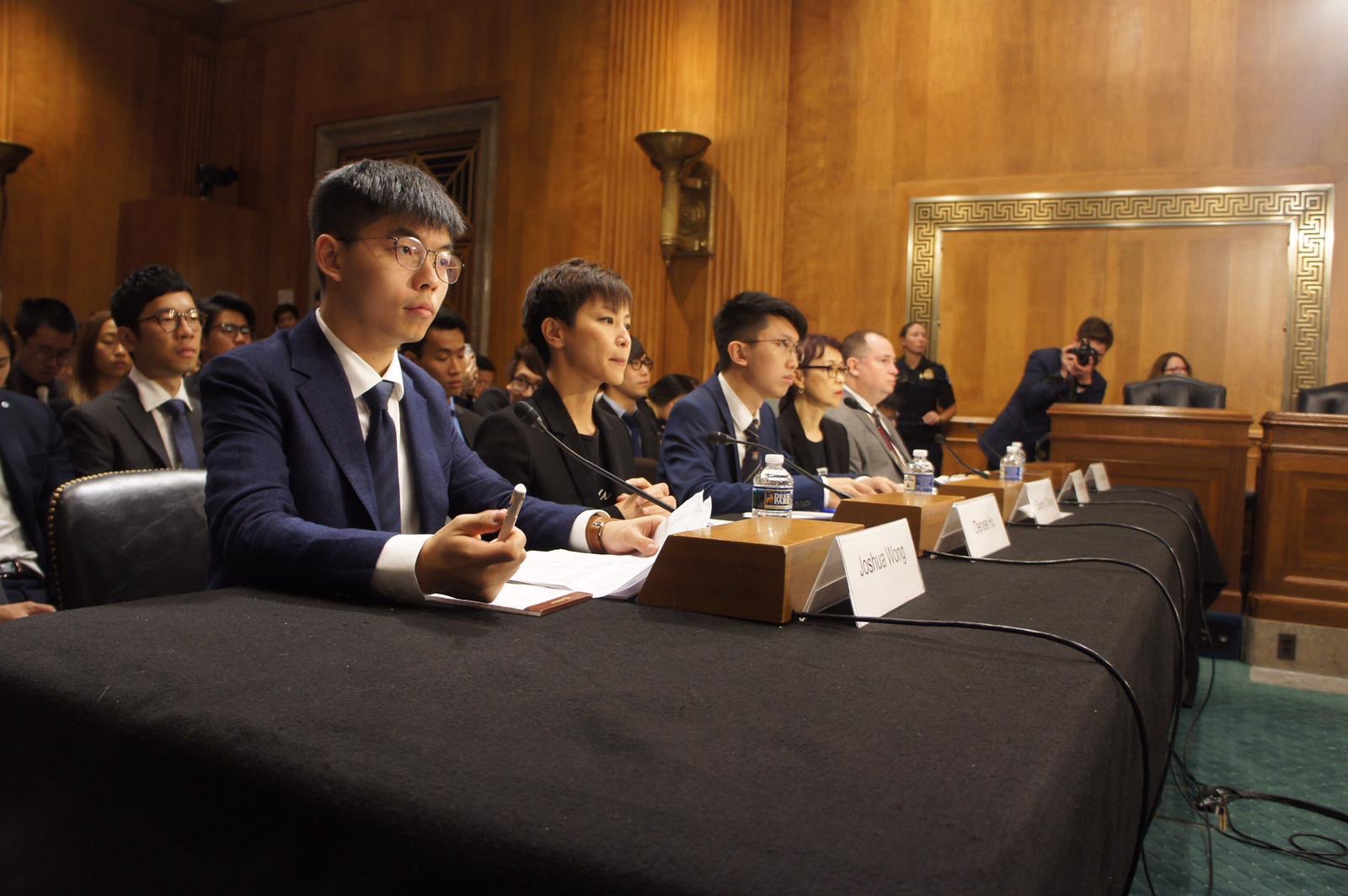Joshua Wong pleads guilty under Hong Kong’s National Security Law
The student activist is among 29 defendants expected to accept subversion charges under Beijing’s highly controversial legislation, which has all but quelled any remaining anti-government protests since coming into force two years ago.

Hong Kong student activist Joshua Wong Chi-fung (黃之鋒 Huáng Zhīfēng), who has been detained for more than a year, will plead guilty in the city’s most prominent case so far under the National Security Law that Beijing imposed on the city in 2020.
Wong is among 29 out of 47 defendants who are expected to accept the charge of “conspiracy to commit subversion” under the highly controversial law, while the 18 other defendants are set to plead not guilty. Many of them have been detained for more than 17 months following their arrests, and may face sentences as long as life imprisonment. Defendants include former legal scholar Benny Tai Yiu-ting (戴耀廷 Dài Yàotíng), protest organizer Jimmy Sham Tsz-kit (岑子杰 Cén Zijié), and ex-lawmaker Claudia Mo (毛孟靜 Máo Mèngjìng).
- Hearings are due to start in September after repeated delays: Prosecutors had requested more time to prepare, with only 13 of the defendants granted bail since the 47 democracy campaigners were arrested in a citywide raid in February last year.
- Journalists will now be allowed to report on the details of past court proceedings in the national security case, after a higher court overruled a decision to enforce the reporting ban on a separate subversion case.
The city’s justice minister has ordered a non-jury trial, citing “foreign elements,” Agence France-Presse reports, making it the second national security case to be handled without a jury in Hong Kong. Instead, the case will be tried by a panel of three handpicked security law judges.
- A separate order signed by new secretary for justice Paul Lam Ting-kwok (林定國 Lín Dìngguó) cited the “personal safety of jurors and their family members” and “risk of perverting the course of justice if the trial is conducted with a jury” as reasons to depart from the tradition of jury trial.
- Trial by jury has been used by Hong Kong’s common law legal system for 177 years, but new legislation enacted by Beijing in 2020 allows cases to be heard by appointed national security judges.
- Meanwhile, local media reported that Apple Daily founder Jimmy Lai (黎智英 Lí Zhìyīng) will also be tried without a jury.
Earlier in June, Chinese leader Xí Jìnpíng 习近平 paid a visit to the former British colony to celebrate the 25th anniversary of its handover back to China: “After the wind and rain, Hong Kong has risen from the ashes,” he said during his trip, while state-run news outlet Xinhua heralded Hong Kong’s “return to order.”
- For the third year in a row, memorials for the events of June 4, 1989, at Tiananmen Square were absent in Hong Kong, though some local artists and students found their own ways to commemorate the event despite threats from the authorities.
- The city’s newly elected government has been sworn in through a “patriots only” election process, which requires all candidates to be vetted in advance to ensure “stability” and loyalty to Beijing.






